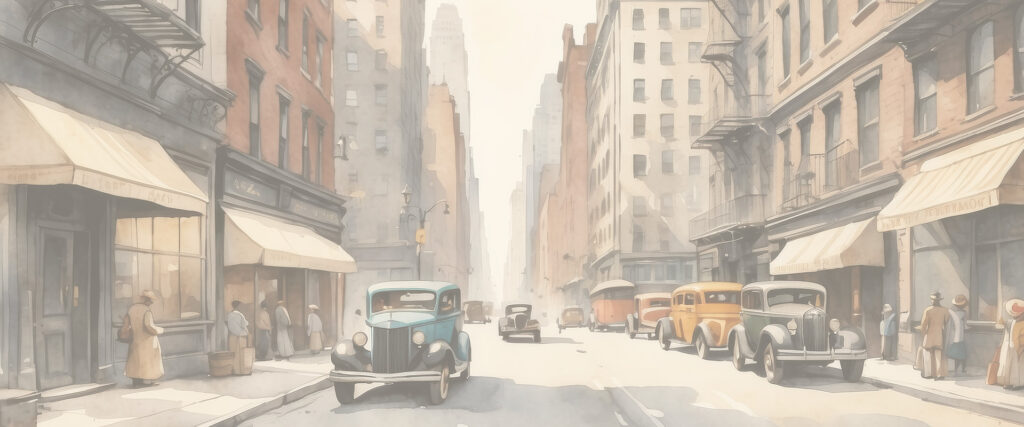
Born September 3, 1860 to German Jewish immigrants, Edward Filene was best known as a fair businessman and the father of the U.S. credit union movement.
He attended school in Germany for a short time, but was happy to return home for high school in Lynn, Massachusetts. He worked for the retail store his father founded in 1881, and traveled to purchase merchandise, study business, and learn about how societies organized to solve problems.
In 1890, when his father became seriously ill, Edward abandoned plans to attend Harvard so he could manage the family store with his brother. Eventually, the retail chain would be called Filene’s.
At the department store, Edward was a pioneer in employee relations. He advanced progressive ideas such as profit sharing, minimum wage for women, 40-hour work week, health clinics, and paid vacations. He also encouraged his employees to form the Filene Cooperative Association, “perhaps the earliest American company union”. Through this channel he engaged constructively with his employees in collective bargaining and arbitration processes. (Source: Stillman, Yanki. Edward Filene: Pioneer of Social Responsibility. Archived 2012-08-04 at the Wayback Machine Jewish Currents. September 2004.)
He adapted the scientific management theories for use in the retail environment, and refined novel and under-utilized retail techniques, such as “money back if not satisfied”.
Well-established and successful, in 1907 Filene traveled around the world. In India he learned about rural cooperative banks that had been promoted and funded by the British colonial government. He realized that credit unions could provide ordinary Americans with access to loans at reasonable rates, as well as give them a way to save funds for a rainy day. He formed a savings and loan association for employees which later became the Filene Employee’s Credit Union.
In 1908, Filene joined with Pierre Jay, the Massachusetts banking commissioner, to organize public hearings about credit union legislation. Subsequently, the Massachusetts Credit Union Act of 1909 marked the first credit union law in the United States. It would be an ideal model for laws in other states, as well as the Federal Credit Union Act of 1934.
Filene and Jay coined the term “credit union”. They chose the word “credit” to combat loan sharks and costly consumer loans, and the word “union” out of interest in working people and a desire to improve the image of unions.
Starting in 1921, after meeting Roy Bergengren, Filene donated nearly $1 million to help fund the Credit Union National Extension Bureau. For 14 years the Bureau’s goals were to:
Filene and Bergengren’s collaboration led to the establishment of credit union laws in 26 states, and revision in 5 others. In 1934, thanks in large part to the Bureau, Congress passed the Federal Credit Union Act, and a credit union could be formed anywhere in the United States.
That year, the goals of the Bureau largely completed, the Bureau ceased operating and credit union advocates formed the Credit Union National Association. Filene was recognized with these words:
In free acknowledgement of the unique debt which we and succeeding generations of credit union members owe and will always owe [Edward Filene] – we make a part of these our By-laws, not subject at any time to amendment, this acknowledgement – and we create the office of Founder of this Association and name Edward A. Filene to that office for life. Thereafter said office shall be abolished. (Constitution & By-Laws of Credit Union National Association, cited by Bergengren in CUNA Emerges, p. 213.)
About Filene, Bergengren said:
He had a great distaste for material things, lived very modestly, never owned an automobile and was scrupulously careful about small expenditures, all because he felt that he was a trustee for the money that he had earned and that the trustee-ship involved turning his accumulations into the greatest possible disinterested public service.
In 1937, every major newspaper in the world reported the death of Edward Filene. Bergengren held memorials with credit union practitioners around the country. National credit union organizations raised funds to build a memorial, and the result was Filene House in Madison, Wisconsin, dedicated by President Harry S. Truman in May 1950.